Worn out, Tilak of a rural Tarai village of Nepal ties the knot with a female school teacher. Being a homosexual, he has his own limitations that unsensible others, be them his family and others, cannot understand and feel. So, his marriage with a girl in whom he is not interested whatsoever is nothing more than a disaster.
He cannot provide sexual pleasure and father children, things a normal woman would otherwise want. Not giving children post marriage is the subject of gossips for the villagers. They accuse Tilak's spouse of being infertile, even a witch, and Tilak of being a homosexual and impotent. They go a step forward to accuse her of killing a child in the village through witchcraft. Even Tilak's family (his mother, elder brother and sister-in-law) sides with the villagers in blaming the couple.
Notwithstanding pressure from the family and society, Tilak with consent from his spouse decides to go to the city in an attempt to escape. He reaches the city and gets a job at an organisation working for the welfare and rights of sexual/gender minorities. Later, he happens to meet a police officer who happens to be a bisexual. After their closeness, Tilak proposes him to sleep with his spouse to have a child. He reluctantly agrees.
Giving in to the 'patriarchal' mindset of having a son to continue the family lineage, Tilak convinces his spouse, who reluctantly agrees later.
The story and characters are from a documentary entitled 'Blue Flower' by former lawmaker Sunil Babu Pant.
Pant identifies himself as a homosexual. Co-directed by Pant and Pradhumna Mishra, the 39-minute film inspired by a real story that occurred in a rural Tarai village about two and a half decades tells about adversities facing homosexual people in particular, who are forced to get married to girls in whom they are not interested sexually and thereby getting their lives ruined, said Pant, who has written the documentary. It also shows the discrimination meted out to homosexual persons in the society and even in the family.
Sagar Ghimire and Urmila Karki are in the lead role (Ghimire playing Tilak and Karki his spouse). Similarly, Ghana Shyam KC is cast as a police officer. Kul Bahadur KC and Saraswati Adhikari plays as Tilak's elder brother and sister-in-law. Bimala Giri is cast as Tilak's mother.
Being appreciated by audience, the documentary has been selected to screen in the Nepal International Film Festival being organised on March 18 in Kathmandu, said Pant.
A Sri Lankan organisation working for sexual/gender minorities has also selected the documentary for a screening in coming June, said Pant.
Although Nepal is considered to be somehow liberal when it comes to the rights of sexual/gender minorities, the law has yet to legalise same-sex marriage and criminalise their forced marriage. This has made the matter even worse, said Pant. This has violated their rights and discouraged them to open up and stand up for their existence, he said.
"Violence against sexual/gender minorities goes down when there are related laws in place and into implementation," he said.
They are mulling over forcing authorities to make related laws and bringing them into fully implementation, he said.
Although there is not exact data on sexual/gender minorities in the country, the 2011 national census put the number of LGBTIQ (lesbian, gay, bisexual, intersex and queer/questioning) at only 1,500. However, the LGBTIQ group claimed that there were actually 2.5 million LGBTIQ persons in the country.
As of last Friday, 1,398 people got their citizenship cards under 'others' category, according to the Citizenship and NID Management Section under the Ministry of Home Affairs of Nepal.
Documentary trailer link available. (https://www.youtube.com/watch?v=LMuAgL4l60A)r


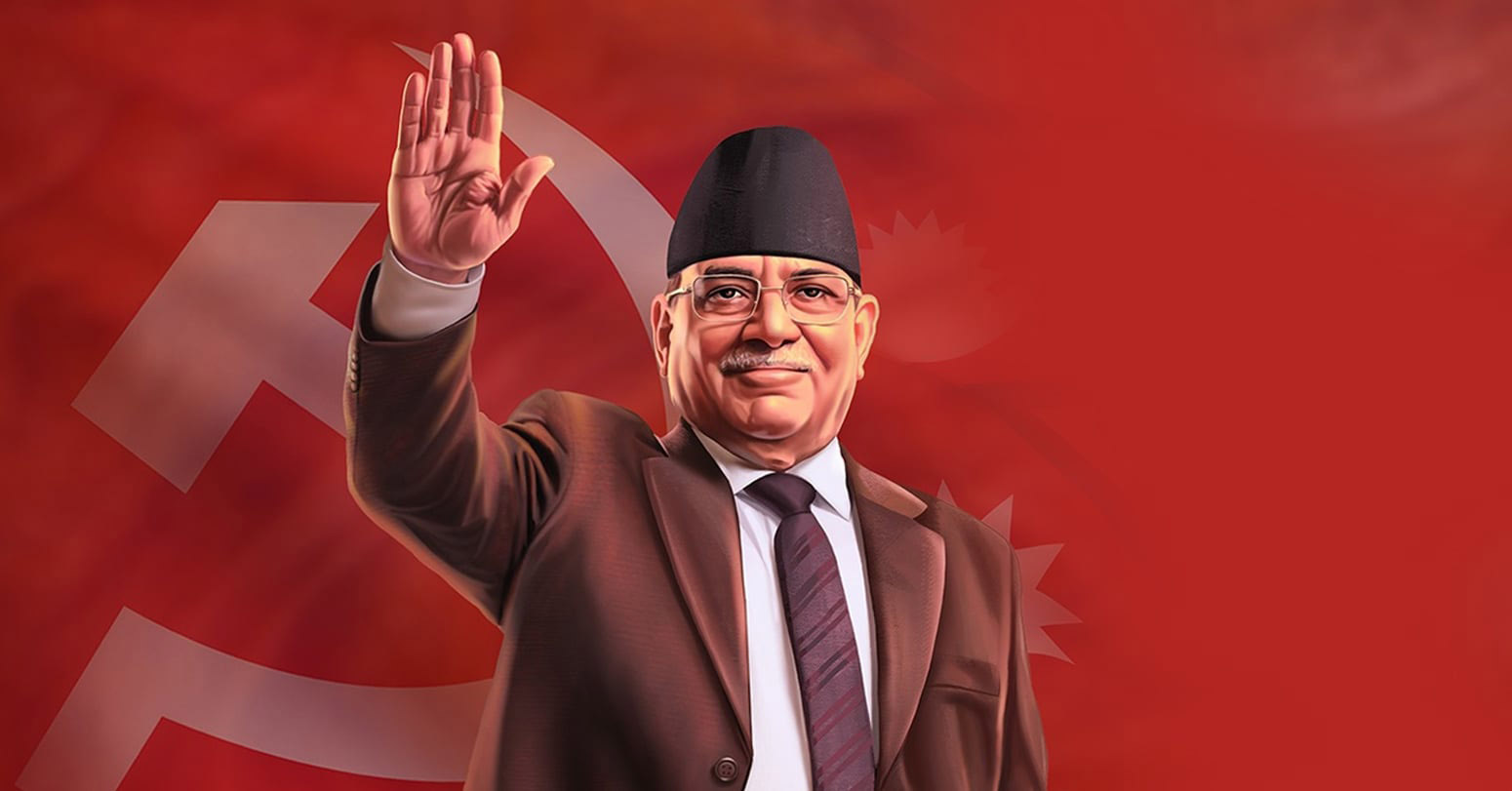
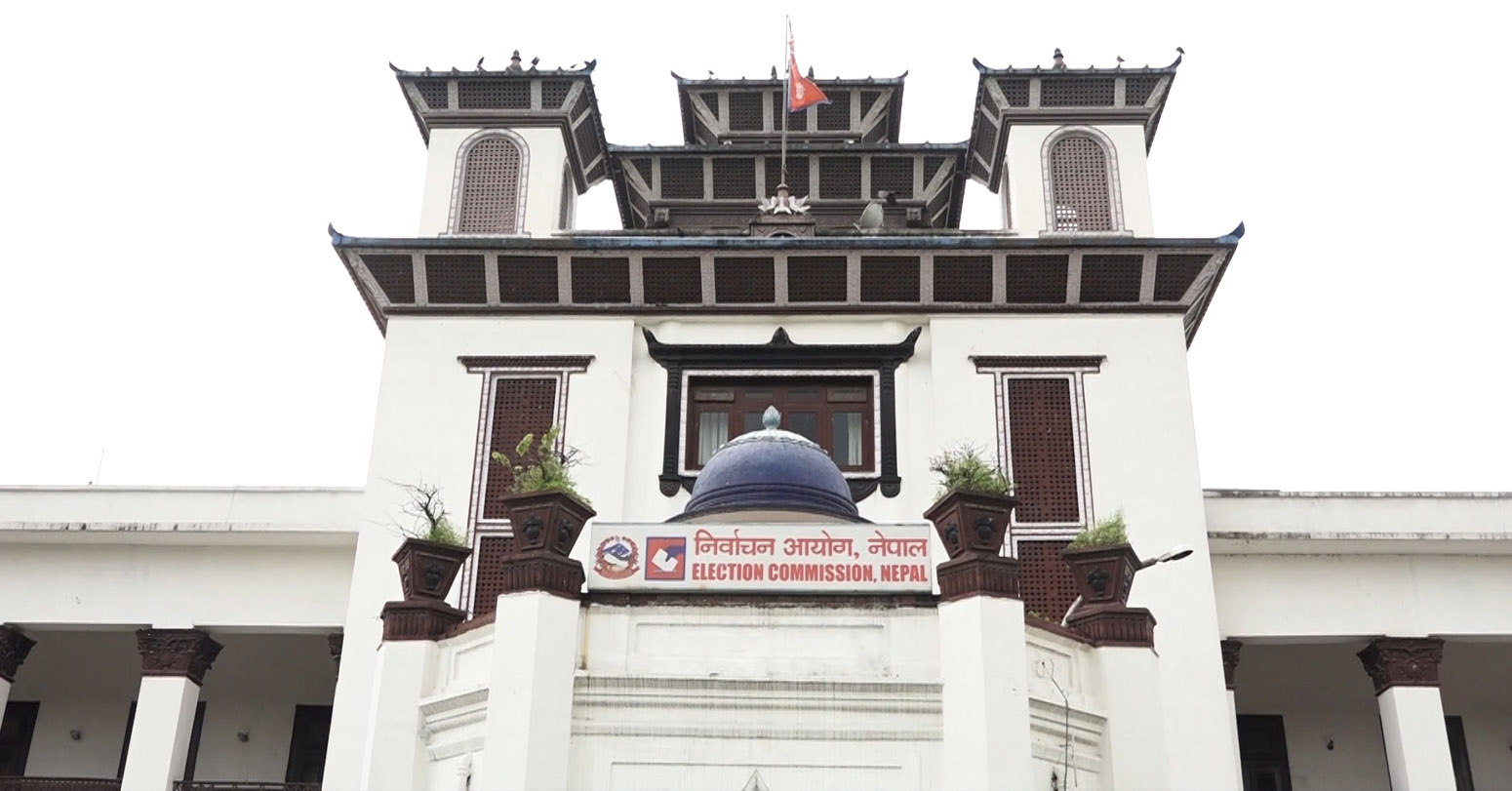

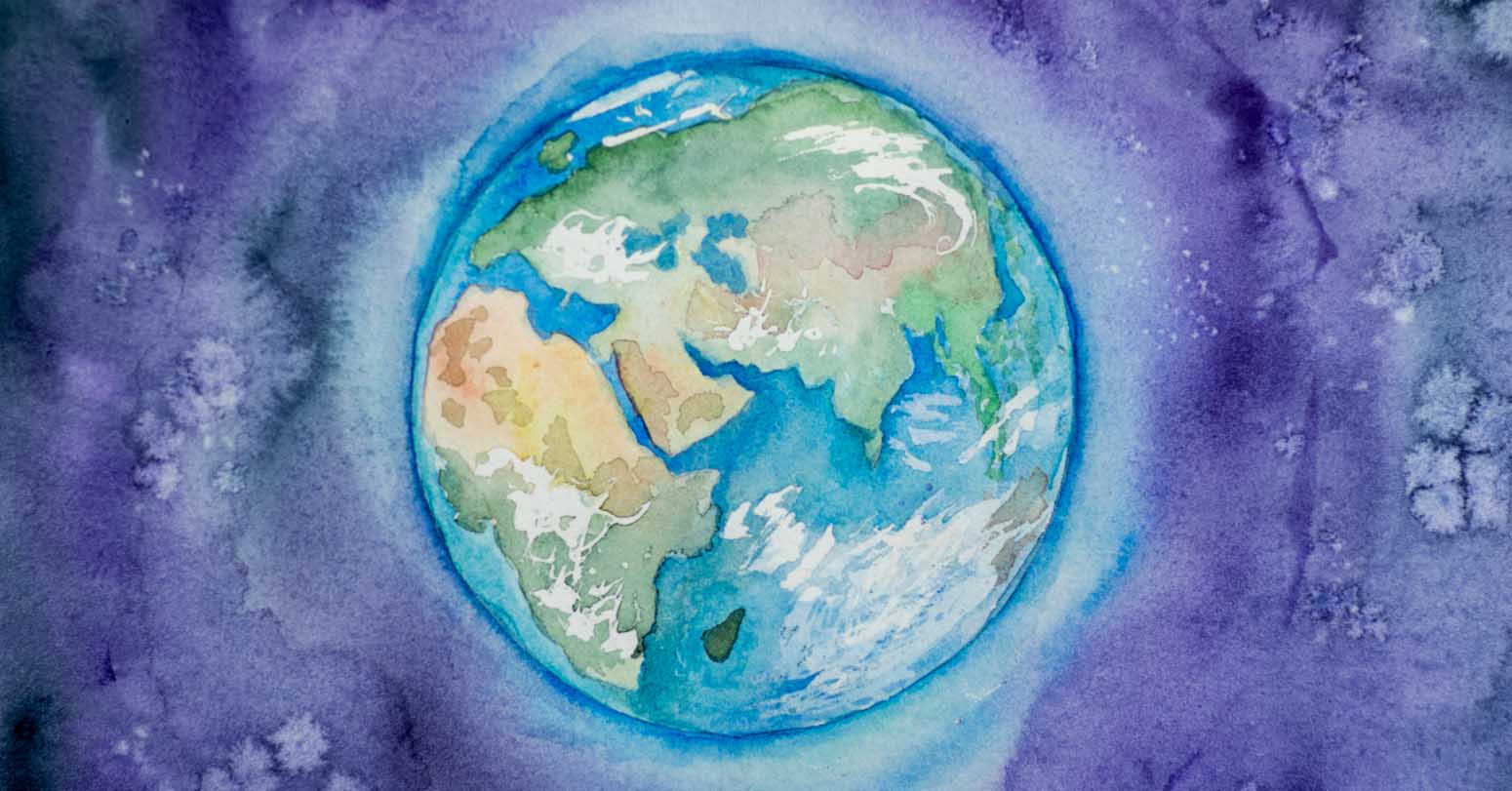
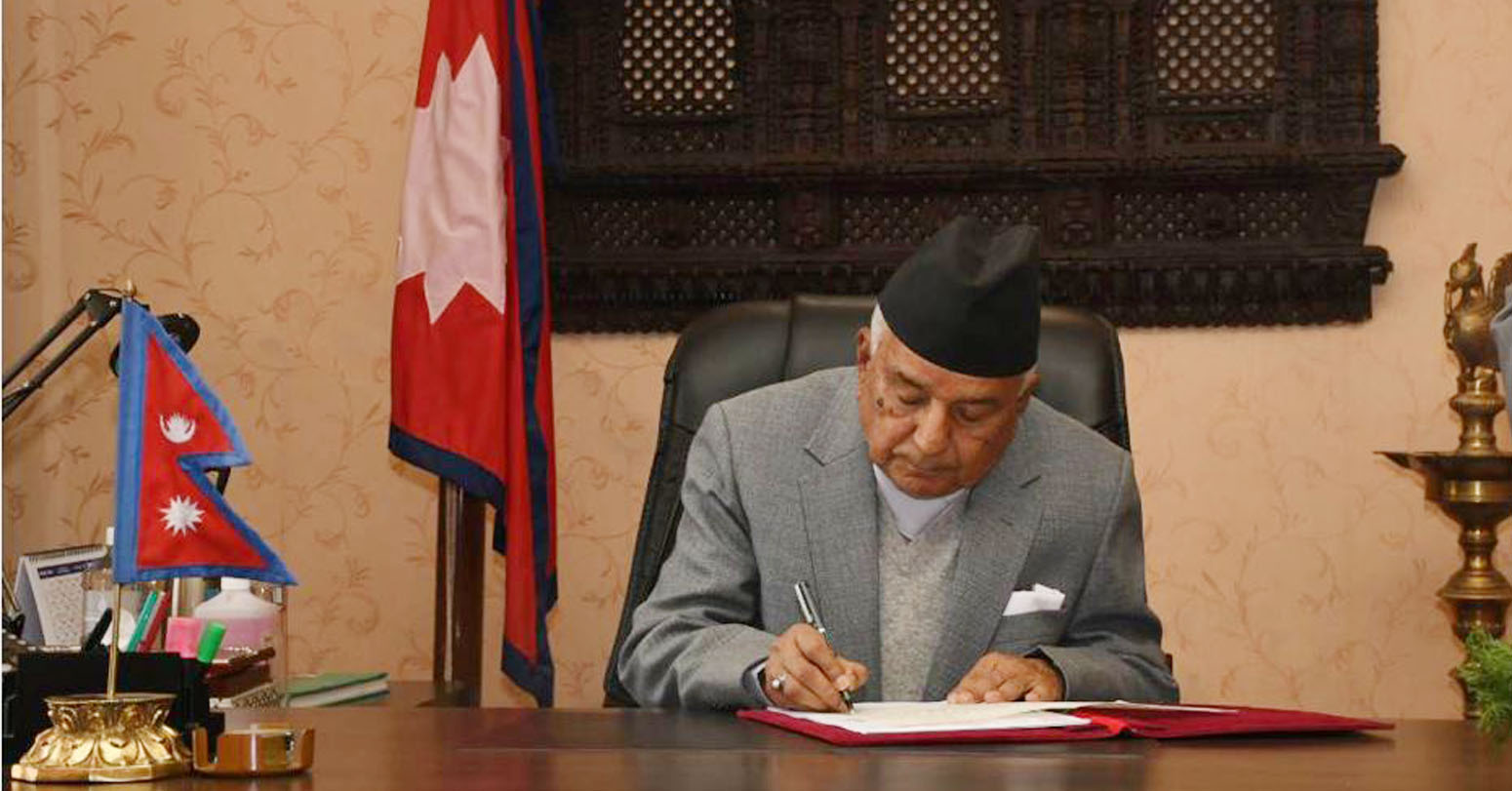
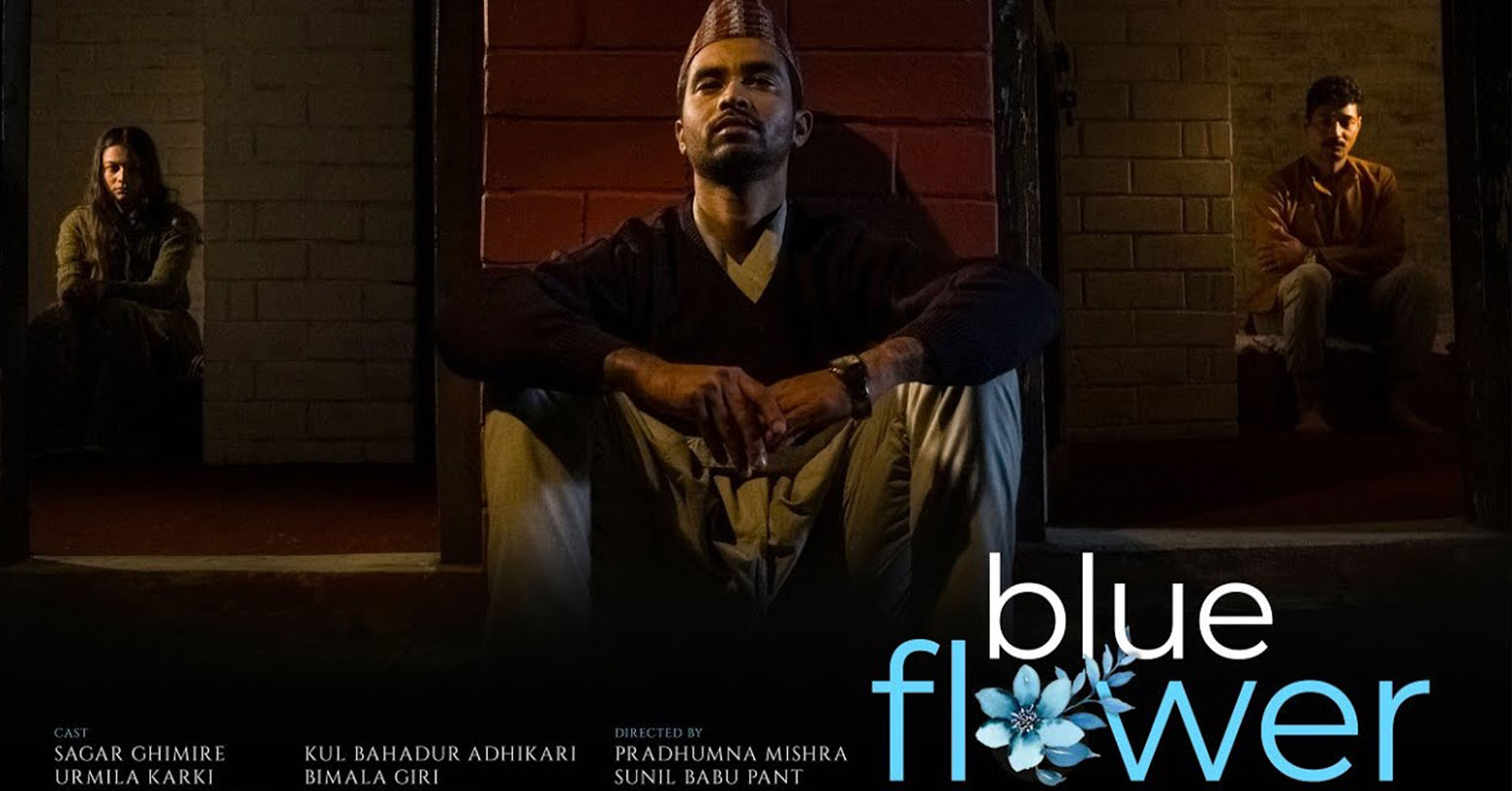











Middle-aged man spends millions to
Dr. Dharam Raj Upadhyay: Man
Children, Greatest Victims Of Sudan’s
Breathing The Unbreathable Air
Comprehensive Data Protection Law Critically
Gender Differences In Mental Healthcare